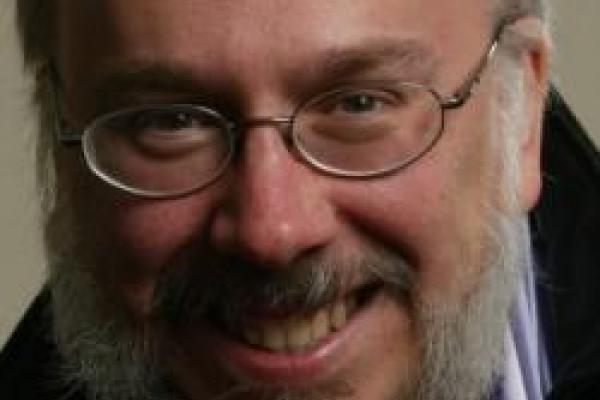
Comics . . . And Stuff is a new multimedia digital book project on contemporary comics and their historical antecedents which is being developed in collaboration with the Annenberg Innovation Lab. The project hopes to model a new visual rhetoric which we hope will be valuable not only for Comic Studies but for art history and cultural criticism more generally. In this talk, I will be introducing the core framework of this project and then, working primarily with materials from the Billy Ireland Cartoon Library and Museum, demonstrate some of the visual strategies that will shape the project.
After some introductory remarks regarding the project as a whole, I will focus on a section of the book which deals with the work of Richard F. Outcault and the aesthetics of early comics. Outcault is often dismissed, especially in comparison with Winsor McCay, as an early or primitive comics artist who did not fully understand the properties which would define the future development of his medium, which is often described as a "sequential art." Yet, inspired by the reclaiming of early cinema within film history scholarship, I want to argue that Outcault was pursuing a different set of thematic and aesthetic goals through his work, developed a different understanding of what comics could be and how they worked, one which emphasizes simultaneity rather than sequentiality.
Developing a deeper understanding of Outcault may allow us to better understand those moments in comics—splash pages, for example, such as those produced by Jack Kirby and Harvey Kurtzman—where the focus is on the relations of elements within a frame (not unlike still life but quite different) rather than the challenges of moving the reader across the gutter. What might it mean to take a mise-en-scene approach to comics as opposed to one based on montage and decoupage?
Henry Jenkins is an American media scholar and currently a Provost Professor of Communication, Journalism, and Cinematic Arts, a joint professorship at the USC Annenberg School for Communication and the USC School of Cinematic Arts. Read his blog, "Confessions of an Aca-Fan."
